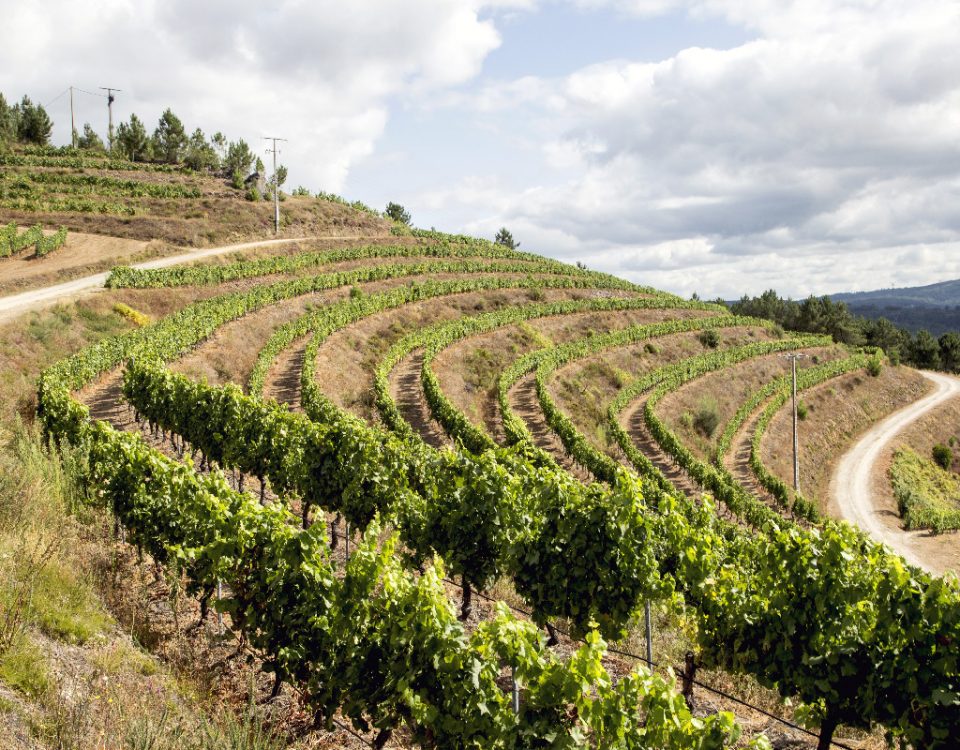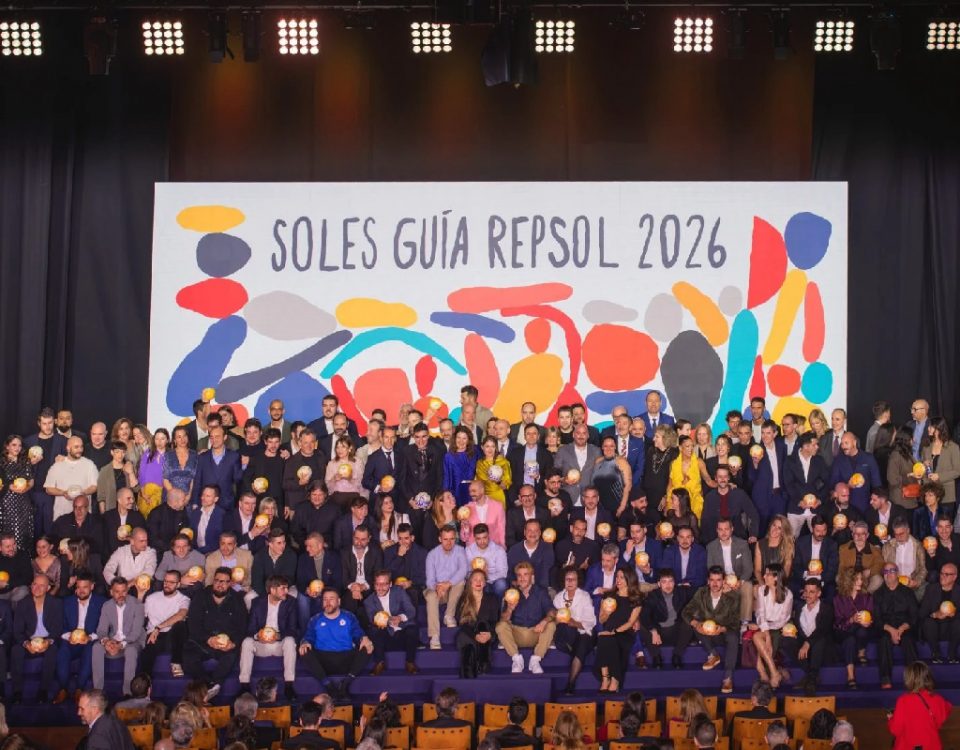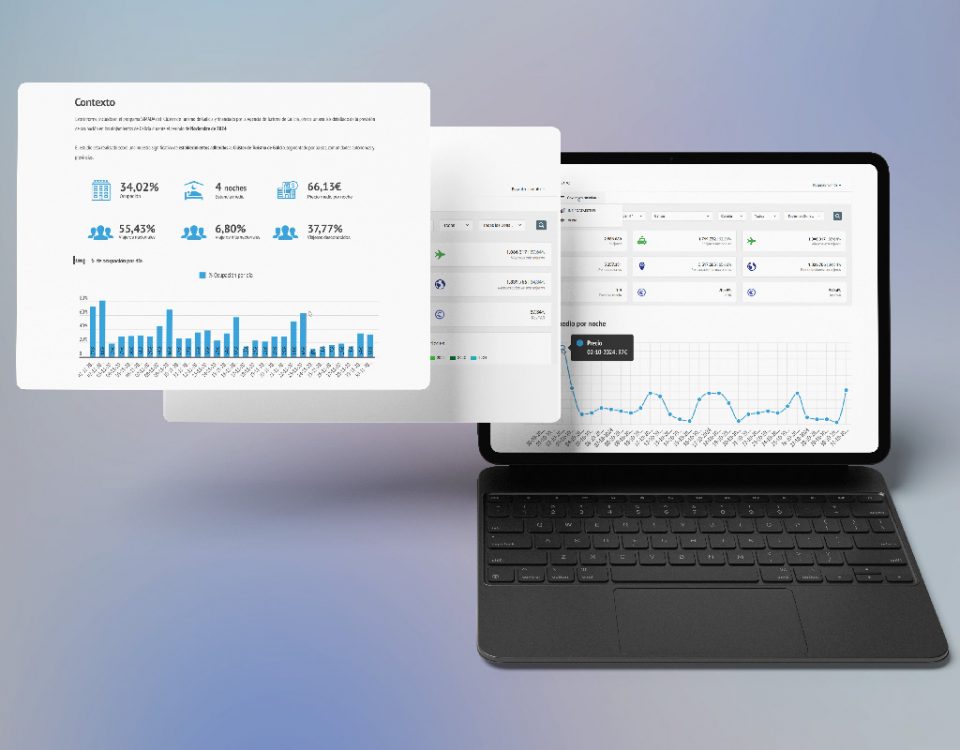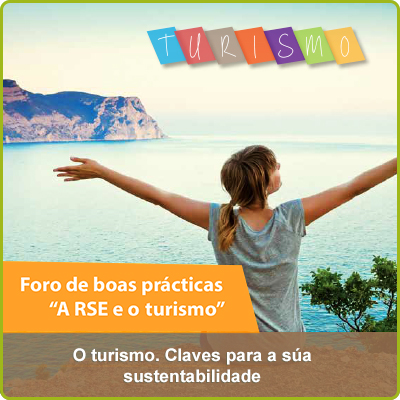- El mejor turismo de galicia
Roman Rodriguez explains the axes of development of the program of the Ministry of Culture and Tourism for next year
Roman Rodriguez explains the axes of development of the program of the Ministry of Culture and Tourism for next year
In the context of Xacobeo 2021, the councillor outlined the main lines of action for the development of Galician culture and tourism, which he identified as the soul and face of a country.
The analysis and adaptation of infrastructures for the challenges represented by Xacobeo 2021, a plan to improve tourist accommodation or the implementation of a Cultural Itinerary Plan as a complement to the Xacobean Route were some of the measures announced by the Regional Minister for Culture and Tourism, Román Rodríguez, in his appearance in the Galician Parliament, in an appearance where he presented the strategic axes to build tourism and culture more competitive, sustainable, inclusive and open to the world.
In this sense, he identified culture and language with the “soul of the country”, while tourism “is the face”. “Two strategic sectors -he said- in which today it is more important than ever to reinforce synergies”, giving it a new impulse to face one of the great upcoming challenges such as Xacobeo 21. In this scenario, Roman Rodriguez took as a reference the ten Ways of Santiago to shell the actions that will launch his department in the coming years. “We are before ten ways to develop our culture and our tourism. A decalogue to build our project for the year 21 and beyond,” he remarked. In this context, he explained that these general lines of action will be planning, competitiveness, sustainability, pride, uniqueness, accessibility, balance, professionalization, innovation and internationalization.
Two planned sectors
There are already strategies and plans in place for both tourism and culture, such as the Galicia 2020 Tourism Strategy, and others in full development, such as the Galician Culture Strategy. In fact, the latter will be submitted to the Council of the Xunta for approval before the end of this year.
To these roadmaps are added others such as the Master Plan for the Pilgrim’s Way to Santiago or the next Strategic Plan for Xacobeo, which will be ready throughout 2019. The objective, according to the conselleiro, is to have “an exhaustive and necessary planning to work effectively for the culture and tourism of tomorrow”. In this strategic axis, Roman Rodriguez announced the implementation of a plan to improve tourist accommodation to modernize its facilities, infrastructure and services. A program that seeks to retain visitors, increase periods of stay and spending per customer, which will have a direct impact on job creation.
Another of the challenges for the coming years is, according to the conselleiro, “to bet on initiatives that remain, that are sustainable and make it possible, once the Xacobeo is over, for us to continue on the path of progress and quality”. In this context, in collaboration with the Department of Infrastructures, a bilateral Xunta-Estado round table was promoted to adapt the main Galician railway and airport systems to the main challenges presented by Xacobeo 21.
Xacobeo, objective and starting point
As the Regional Minister pointed out, Xacobeo is a tool for social transformation, an opportunity to face all the challenges previously exposed. An event, in which 30 million euros are already budgeted for 2019, which seeks to involve the whole of Galicia. The main pillars of this event, as detailed by the conselleiro, will be planning, the participation of all society, its global character, international projection and sustainability. “Because Xacobeo does not end at 21; it is a starting point,” he said.
The minister also announced a rehabilitation plan for the BICs of the Roads of Santiago, presented to the Ministry of Culture for co-financing, in addition to continuing with the processing of the BICs already initiated and continue working on the three World Heritage nominations. Actions that will be completed with a new order of aid for the rehabilitation of ethnographic properties located in any of the ten xacobean routes… In addition, there are two new projects such as the programme of Routes in Small Historical Centres, which will promote both from the cultural and tourist point of view municipalities such as Mondoñedo, Viveiro or Betanzos; and the Galicia Sabe plan, which will boost our culinary tradition and autochthonous products, thus improving competitiveness and employment in the primary sector. To these new actions are added others already started up such as the Thermal Plan or the signposting of the Wine Routes.
Making Galicia a reference point for inclusion
Another of the objectives of the department directed by Román Rodríguez is to turn Galicia into a reference in inclusive culture and accessible tourism. In this area, the conselleiro announced a new initiative that will bring these two sectors closer to people with disabilities and elderly. For that, it will collaborate with the main entities working in this area, such as ONCE or COGAMI, among others.
Training, development and innovation
During his appearance, the conselleiro defined culture and tourism as “powerful decentralizing agents”, which promote balanced development of the territory. In order to bring them closer to all places in Galicia, especially rural, the Rural Tourism Plan will be implemented and, among other actions, the ‘Vila Cultural’ Prize will be created for the first time, through which each year a Galician town will be recognised for its excellence in heritage care and cultural management.
In this area is also framed the new Plan of Cultural Routes as a complement to the Paths, as well as the itinerant libraries program that will bring reading to small municipalities that lack this service.
As Román Rodríguez pointed out, training plays a key role in achieving professionalisation in both tourism and culture through entities such as the Centro Superior de Hostelería de Galicia, which is already a benchmark in the first area, while for the second the collaboration with the three Galician universities will be promoted in order to draw up a training plan in the cultural areas. An initiative aimed at industry professionals, managers and entrepreneurs. And together with training, innovation is another of the major commitments of the Regional Ministry, with actions to digitize archives and programs such as Smart Tourism and Smart Camino, as well as the future European Research Center in Cultural Landscapes, CEIPAC, which will be located in the Fontán Building and will mean a new impetus to research linked to the territory and the Camino de Santiago.









